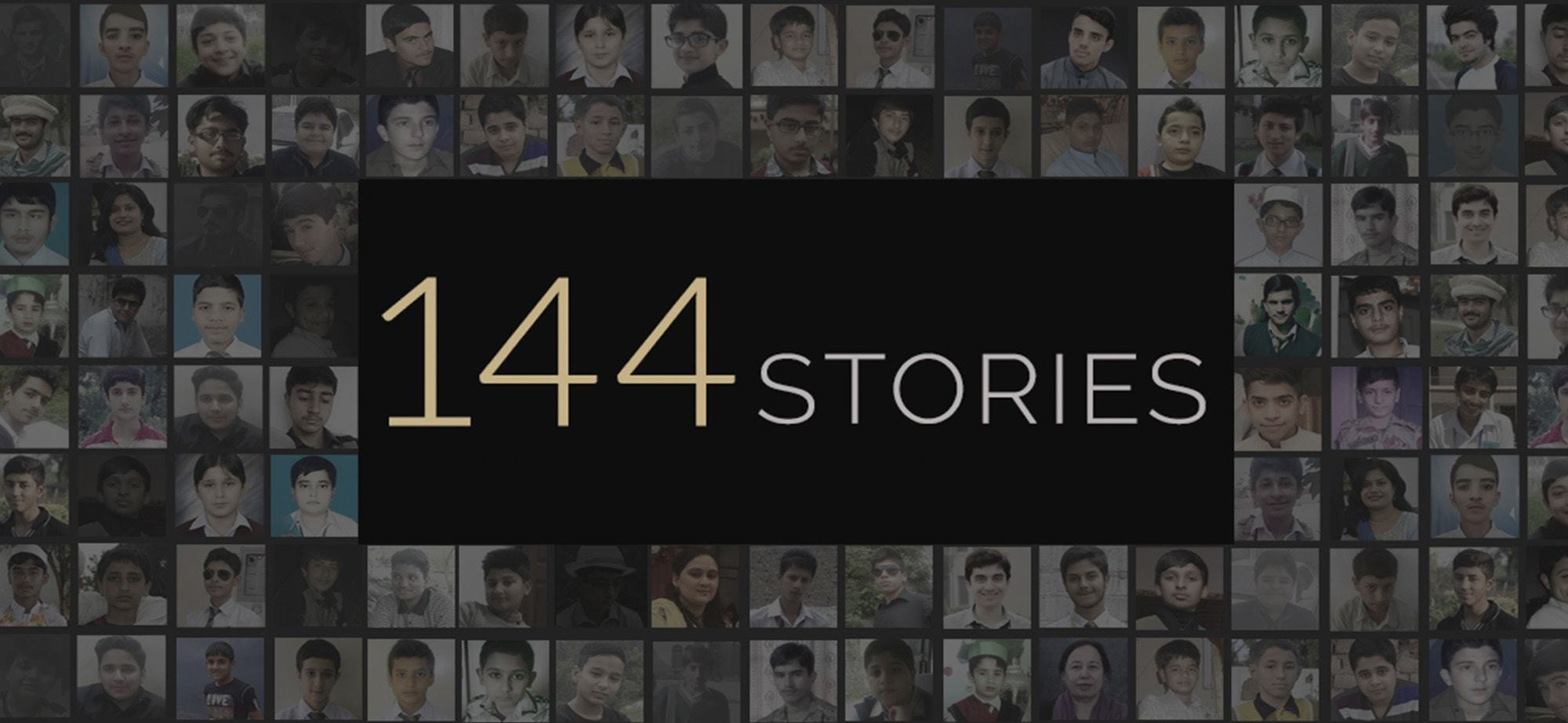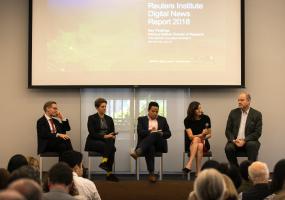Challenging power in Pakistan through data journalism

A new paper by former Journalist Fellow Maleeha Siddiqui explores the role of data journalism in Pakistan and its impact in a country with limitations on press freedom.
Data journalism, defined loosely as a form of reporting which uses data as its primary source or tool to present information, whether through text, images or graphics, has been used globally for many years and is now a mainstay for news organisations. A Google News Lab report found that in the US and Europe, at least, more than half of all news organisations have a dedicated data journalist.
As Maleeha’s report, 'Showing the way: How big Pakistani media groups are leading the surge in data journalism' reveals, data journalism has also become increasingly relevant in Pakistan. It has been used to report on issues such as water scarcity and discrimination against pregnant women at work and has taken on the most powerful institutions in the country. Despite difficulties in reporting the activities of the country’s “sacred cows” (the government, military, judiciary and militant groups), the paper finds several examples of data journalism shining a light on the country’s elite to often devastating effect.
One report by a journalist, Umar Cheema, using data leaked as part of the Panama Papers in 2016, led to the downfall of then prime minister Nawaz Sharif after after a subsequent investigation into his family’s wealth. Cheema’s investigation, Maleeha writes, resulted ‘in one the most significant political consequences of the Panama Papers data leak’, a testament to the power of data journalism.
Horrific acts of terrorism in Pakistan, a country all too familiar with religious violence, have also been addressed through data journalism. The aftermath and government’s counter-terrorism response to the 2014 Army Public School massacre in Peshawar were highlighted in two seminal pieces, ‘144 Stories’ and ‘Peshawar – A Year On’.
Taking on Pakistan’s powerful institutions is clearly not without risk, and is a significant barrier to the expansion of data journalism. As well as the clear threats to the lives and wellbeing of journalists in Pakistan, Maleeha finds there are several other challenges:
- Linguistic diversity means that translating data journalism – which is often produced in English – in to native languages would be costly and time consuming
- Accessing data is made difficult by government bureaucracy and a culture of secrecy, despite the presence of freedom of information laws in many provinces
- Journalists lack the numerical skills and digital literacy required to analyse data
Maleeha believes data journalism can be strengthened in Pakistani news organisations through the creation of data journalism teams, and an understanding that a wide range of topics have the potential to be explored in this way.



